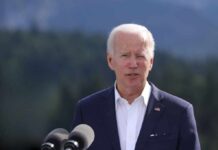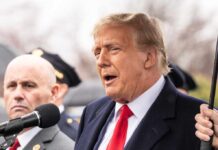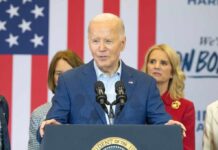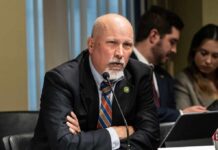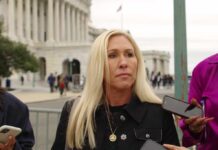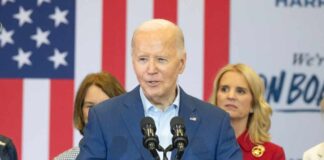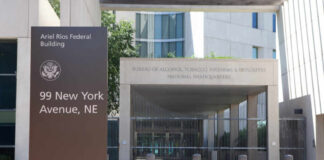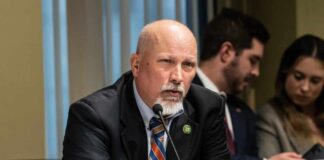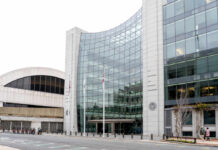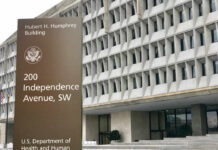
In a significant shift of strategy, the Internal Revenue Service (IRS) declared this week it would radically curtail unannounced inspections of homes and businesses. IRS Commissioner Danny Werfel cited “security concerns” for taxpayers and agency employees and the ever-increasing problem of fraudsters impersonating IRS officers as reasons for this decision.
Historically, IRS agents routinely conducted door-to-door collections for unpaid taxes and unfiled tax returns. This will now be reserved for “extraordinary circumstances,” such as asset seizures or the delivery of subpoenas. Only a small fraction of the numerous surprise visits made annually fit these criteria, as per the IRS.
Wow. Thanks to @Jim_Jordan and his staff for pushing this issue. The IRS shouldn’t be making surprise visits, and they should get credit for making the change. https://t.co/Cxzwgo4oSW
— Matt Taibbi (@mtaibbi) July 24, 2023
The abrupt change, however, comes at a peculiar time and raises substantial concerns. Though touted as an effort to provide a better service to taxpayers and reduce potential stressors, this move might play into the hands of scam artists. The reliance on mailed letters to schedule meetings can quickly become a loophole exploited by fraudsters who often use similar tactics.
In a notable example, journalist Matt Taibbi’s run-in with the IRS garnered significant attention. Despite receiving a surprise visit on the same day as his Congressional testimony, Taibbi clarified he never received any prior notice and owed no dues to the IRS, sparking conversations about the IRS’s overreach. The sudden policy change might indicate a response to such criticism, as the IRS attempts to regain public confidence.
However, a counterintuitive message emerges from the IRS’s decision. On the one hand, they claim to focus on high-income tax evaders; on the other, they seemingly absolve themselves of proactively visiting taxpayers. The latter move may prove advantageous to those tax dodgers the agency intends to crack down upon.
Moreover, critics point out the inconsistency in the IRS’s operation, citing the recent instance where Hunter Biden’s lawyers received a prior notice before a scheduled visit. House Ways and Means Committee Chairman Rep. Jason Smith (R-MO) remarked that this kind of selective enforcement only highlights the IRS’s issues.
Though the IRS assures us that the policy does not apply to the work of the agency’s special agents pursuing major tax evasion or money laundering cases, skepticism prevails. There is no clear answer to what the future holds for the average taxpayer as the IRS maintains ambiguity over increasing the audit rate.
Indeed, the move has been applauded by the National Treasury Employees Union, highlighting the concern for the safety of IRS employees. The surge in negative publicity the IRS has brought on itself is undeniably a factor.


